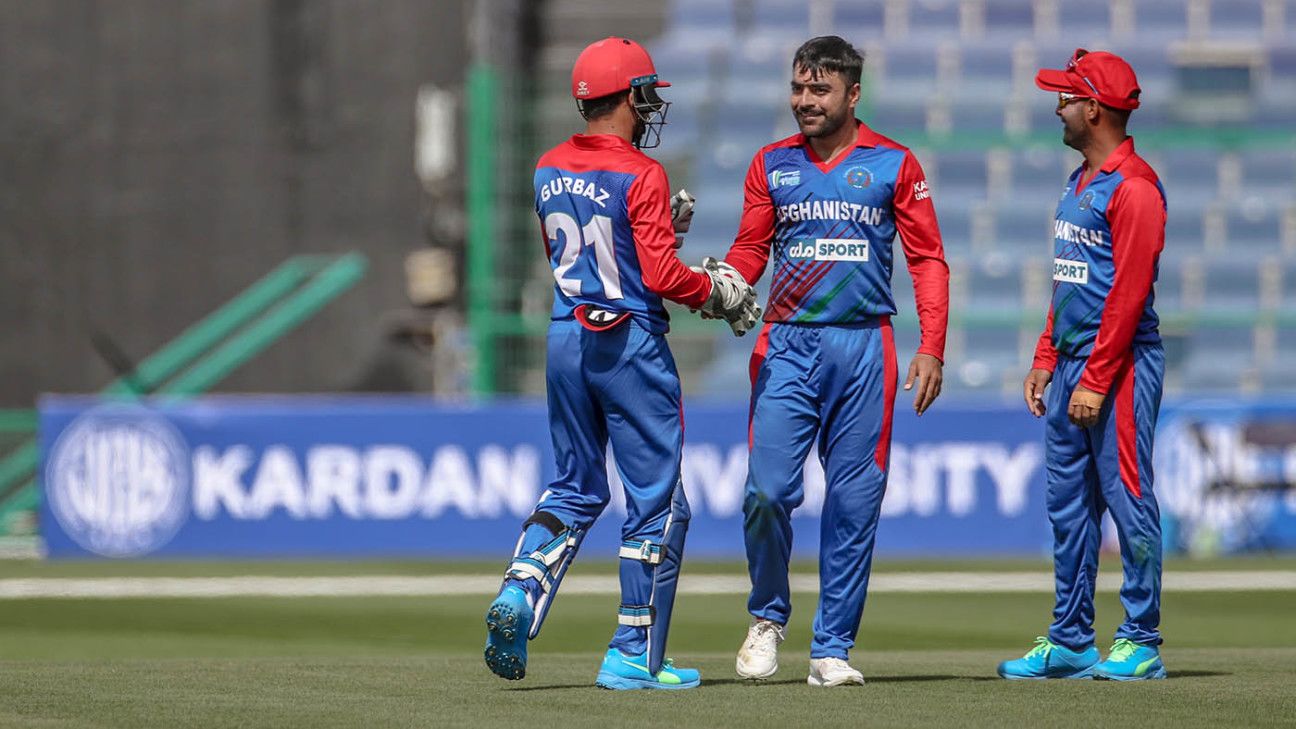News
ESPNcricinfo understands that the venues in the UAE were rendered unavailable because of the IPL
The three-match ODI series between Pakistan and Afghanistan will be played at the Mahinda Rajapaksa Stadium in Hambantota, Sri Lanka instead of in the UAE, as originally planned. The series, which is the first bilateral contest between the two sides, will be played between September 1 and 5, and ESPNcricinfo has learnt that the venues in the UAE were unavailable because of the second leg of IPL 2021, which has been tentatively scheduled to begin on September 20.
Earlier this month, the schedule for the CPL was tweaked to avoid an overlap with the IPL, and the next edition of the PSL, in 2022, has also been slotted into a January-February window to avoid a clash with the Indian T20 league, expected to be played in April-May.
The Pakistan-Afghanistan series will count towards points in the ICC Super League, where Pakistan currently sit in fifth with 40 points from nine matches, and Afghanistan are eighth with 30 points, having won all three their matches so far. Afghanistan have played four matches against Pakistan previously, three of them in the UAE and one at Leeds during the 2019 World Cup. Aside from having never played a bilateral series against Pakistan, they are also yet to beat them.
The Hambantota stadium last hosted an ODI in February 2020, when Sri Lanka beat West Indies by 161 runs. This will be the second instance of the stadium being a neutral venue; the last time also involved Pakistan, when they faced Kenya back in the 2011 World Cup.
Pakistan are currently gearing up for the start of their tour of the West Indies, which will begin on July 27 with a five-match T20I series, before a two-Test series that will end on August 24. Afghanistan’s last bit of cricket was in March, when they swept Zimbabwe 3-0 in a T20I series, after drawing the Test series 1-1. Their last ODIs were against Ireland in January this year, where they had sealed a 3-0 series win.
This article was originally published by Espncricinfo.com. Read the original article here.
